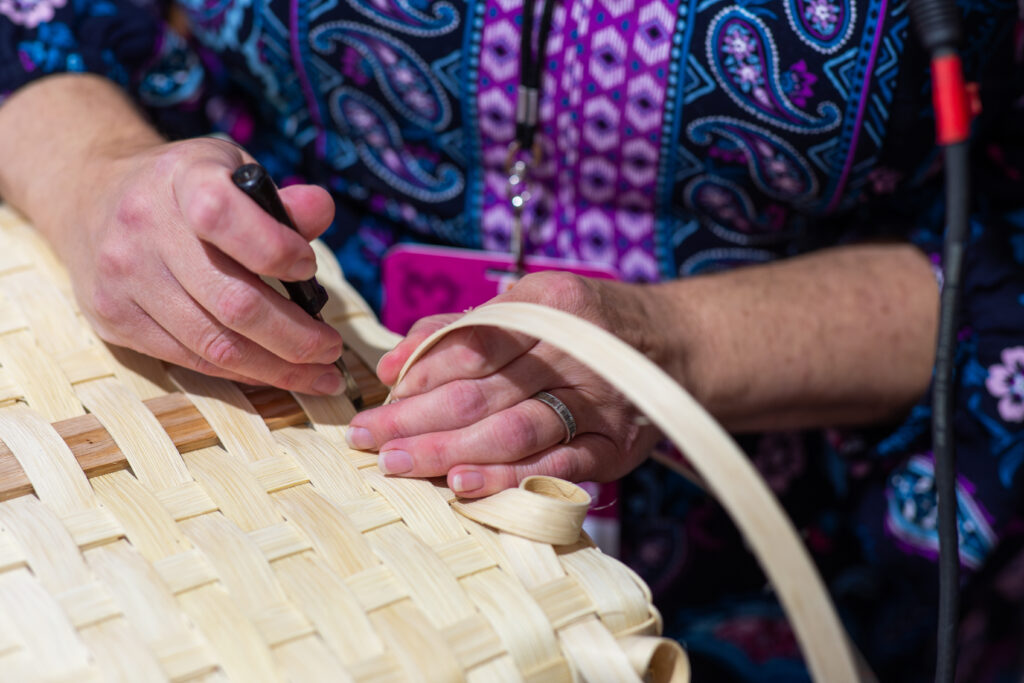Cultural influences have played a crucial role in shaping the identities and development of Atlantic nations. These influences stem from centuries of interactions among indigenous populations, European settlers, and African communities. Such encounters led to the exchange of languages, customs, beliefs, and artistic traditions, creating a unique cultural mosaic across the Atlantic region. Additionally, these diverse cultural elements blended to form new social norms and practices. Recent research highlights how these forces impacted political structures, economic activities, and everyday life. Therefore, understanding these historical cultural dynamics is essential to grasp the rich heritage and ongoing evolution of coastal societies.
Cultural Influences Transforming Social Structures and Traditions
The social fabric of Atlantic nations has been continuously shaped by the convergence of different cultural backgrounds. Indigenous knowledge influenced farming techniques and traditional medicine, while African customs enriched music, dance, and storytelling. European traditions also introduced new legal systems, languages, and religious practices. This cultural blending created resilient societies that adapted to changing circumstances. Moreover, the interaction among these groups led to shifts in social hierarchies and governance models. Coastal communities developed flexible approaches to manage diversity and maintain social cohesion. Consequently, these evolving traditions helped populations respond to challenges such as colonization and economic shifts.
Cultural Influences in Art, Identity, and Political Movements
Artistic and cultural expressions in the Atlantic world reflect deep-rooted interactions among various peoples. Visual arts, literature, and culinary practices all demonstrate the fusion of influences that define regional identities. Furthermore, the spread of languages and religious beliefs reveals migration patterns and settlement histories. This interconnectedness fostered a collective sense of belonging despite ethnic and cultural differences. Importantly, such shared identity played a role in political activism and social reforms throughout history. Scholars emphasize the need to recognize these cultural roots to better understand contemporary social dynamics. As these cultural influences continue evolving, they shape the future direction of Atlantic nations.
In conclusion, exploring the cultural forces behind Atlantic nations offers valuable insight into their complex past and present. The ongoing blending of traditions remains a cornerstone of social resilience and identity across the region.
